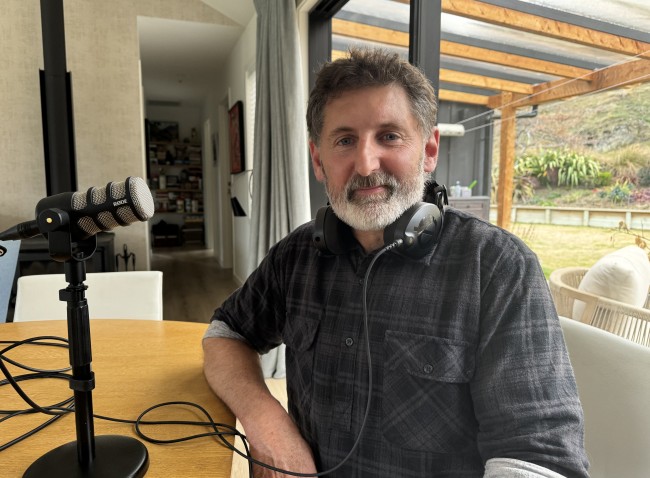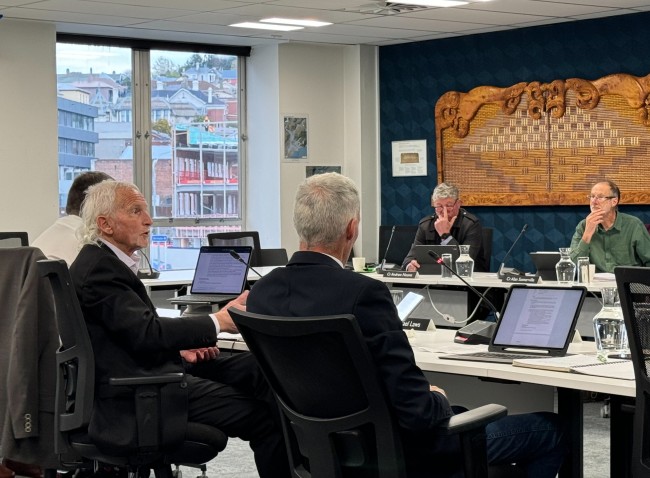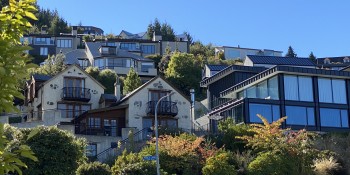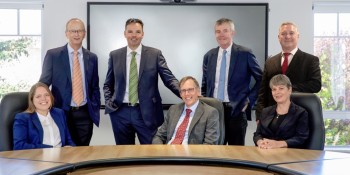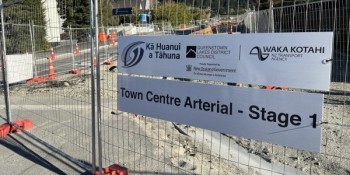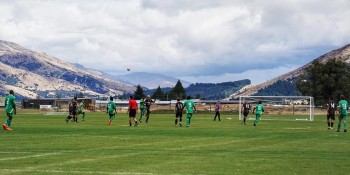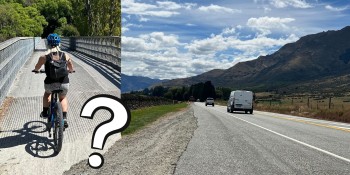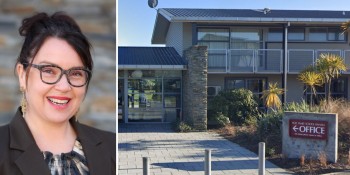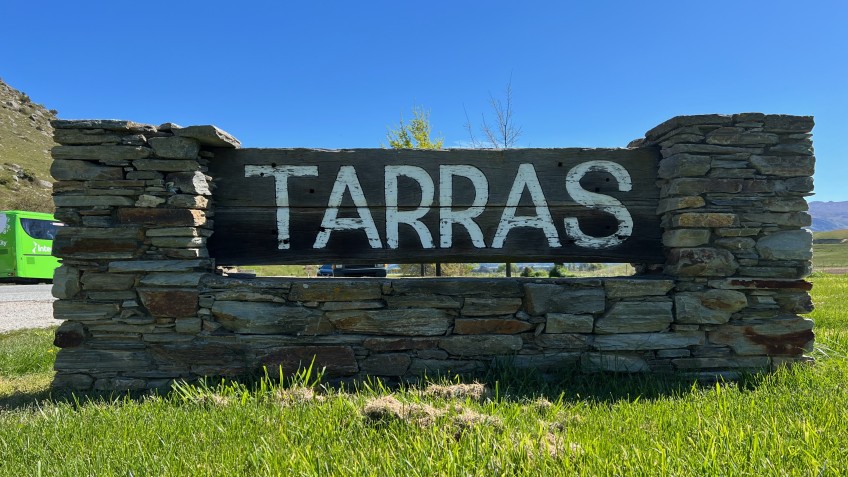
Academics say majority oppose Tarras airport
A group of academics lobbying against plans to site an international airport in rural Tarras say fresh research shows a strong majority of locals do not want the project to go ahead.
The group, which calls themselves 'Informed Leaders', claims 63 percent of respondents to a survey of people in households in Cromwell, Wānaka, Queenstown and neighbouring settlements were opposed to the proposed airport - that's five out of every eight respondents. Fifty-one percent were strongly opposed, while 22 percent were in favour.
The survey was spearheaded by three academics - mathematics professor Robert McLachlan, sustainable tourism professor James Higham, and geography professor James Renwick, who between them represent four universities - Massey University, Victoria University, the University of Otago, and Griffith University in Brisbane.
Conducted late last year, they say the survey canvassed people on five broad topics: Central Otago lifestyle, climate change, infrastructure and growth, tourism, and air travel and airports.
But the point of it all, getting a feel for the 'mood of the room' in the context of Christchurch International Airport Limited's bid to build an airport capable of serving 3.6 million passengers a year on 800-hectares of farmland purchased within cooee of Wānaka and Cromwell.
In a written statement this morning to coincide with the release of the survey results, Professor Higham says there are strong themes running through the responses.
“There is no doubt that people choose to live in Central Otago for the same reasons that tourists want to visit. It is a superbly beautiful, unspoilt and tranquil place.
"It’s clear from our research that sustainability is now a very high priority for the people of Central Otago, and they also very clearly understand the impact of tourism that the region benefits from. This study shows that they want better tourism with less impact, rather than more tourists.”
There were 70 tick-a-box questions in the survey as well as opportunities for respondents to answer open-ended questions.
Some 2,705 invitations to fill it in were sent at random to households throughout the area - with the instruction that one member of the household complete it - and 302 responses were received, a response rate of 11 percent.
The researchers plan to drip feed a further two reports on their research over the coming months - the next is due in February, and the final instalment, April.
In their report the academics say the survey questions were designed to be "as objective as possible" and the study designed to "reduce bias".
They say it is "the most comprehensive study of its kind undertaken across Central Otago".
Earlier surveys by stakeholder groups have also shown a lack of support on the ground for the airport. The latest, results of which were released by the Wānaka Stakeholders Group in September, found close to 83 percent of 608 respondents were opposed to the idea, a jump of 10 percent on a similar survey by the group two years previous.
Destination Queenstown and Lake Wānaka Tourism have also voiced their concerns, saying the proposed new airport would bring visitors to the region on a scale not seen before.
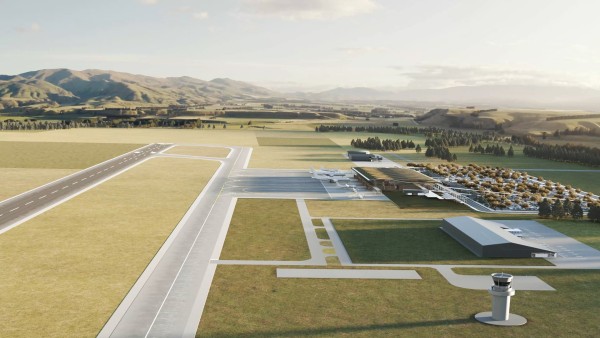
Christchurch Airport's early concept plans for its proposed international airport in Tarras (Supplied).
Since its inception, Informed Leaders has been asking for a "national conversation" about the Tarras proposal, and this sentiment is re-iterated in today's media statement.
Professor McLachlan says it is “not just a local issue” but one that is significant for New Zealand as a whole.
“It’s a national issue that can only be resolved by a national plan for aviation emissions that meets our international agreements. With the sixth largest per capita aviation emissions in the world, and as a country that relies on aviation for so many things, New Zealand has to take action.”
Speaking with tourism industry publication Tourism Ticker earlier this month, Christchurch Airport chief executive Justin Watson says he is disappointed at the criticism the proposed airport for Tarras has generated, but concedes it has become a lightning rod for climate protestors.
He tells journalist Paul Yandall the Tarras proposal is still in the information gathering phase, with detailed modelling underway following the release in August of the preferred runway alignment, its length, and the type of aircraft it could serve.
Survey snapshot
- What are you most concerned about for Central Otago: The overwhelmingly most common answers (73 percent of respondents) related to over-tourism and over-development and its impacts
- On population growth, 24 percent of respondents thought the forecast rate of population growth (plus 58 percent between 2018 and 2048) was about right, while 74 percent thought it was too fast
- Clear majorities said airports, tourism businesses and visitors themselves, as opposed to local ratepayers, should pay for the infrastructure costs associated with any increase in visitor numbers
- There was a high level of consensus about climate change and the environment, with 72 percent expressing concern about climate change and 83 percent about human impact on the environment
- 'Lifestyle' was fairly or very important for 89 percent of respondents when asked their reasons for living or visiting the region - ease of travel to the rest of New Zealand and overseas were important to 48 and 41 percent respectively
- The topic of tourism was the only section that showed a noticeable division of opinion in the community
(Source: 'Central Otago Resident Opinion Survey' report one)
The report can found online from today. 












